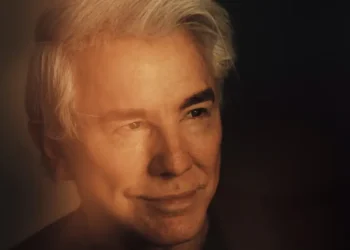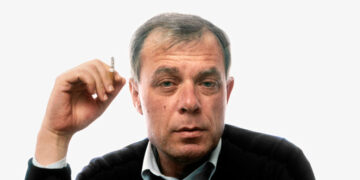Ronnie Eldridge, a Fixture in N.Y. Politics, Dies at 95
Ronnie M. Eldridge, a liberal Manhattan Democrat who helped found the anti-Vietnam War “Dump Johnson” movement, served as an influential...
Here’s Every Country Directly Impacted by the War on Iran
On February 28, United States and Israeli forces launched a series of strikes on Iran, kicking off turmoil in the...
All of ICE Barbie’s Most Heinous Cosplay Outfits
The woman who defined her time in the president’s Cabinet by dressing up as various government agents has been ousted....
The Smart Home Never Quite Worked. Now It’s Getting an A.I. Reboot.
Amid the breathless hype surrounding artificial intelligence, it’s easy to forget that not long ago, tech companies were trying to...
Baz Luhrmann found 65 reels of lost Elvis Presley footage in Kansas salt mines
Baz Luhrmann. Gareth Cattermole/GettyIf Baz Luhrmann's projects are known for anything, it's their bravado.In the Australian director's hands, an adaptation...
TikTok arsonist in Wisconsin gets 7 years in prison after his fiery fury over the idea of losing his social media fix
A Wisconsin man who allegedly told police he tried to set fire to a Republican congressman’s office last year because...
Live briefing Humanitarian groups, Arab nations condemn Israel for stopping aid to Gaza
Humanitarian groups and some Arab nations, including mediators Qatar and Egypt, condemned Israel’s decision Sunday to halt the entry of...
Ousted ex-Trump DOJ prosecutor now under investigation by Florida bar
Lindsey Halligan, who left the U.S. attorney’s office in January, is under investigation by Florida’s bar association, according to a...
House Turns Back Bid to Restrict Trump’s War Powers in Iran
The House voted down an effort on Thursday to halt the war against Iran and force President Trump to go...
Amazon is down in an apparent outage affecting tens of thousands of shoppers
Amazon is facing an outage, affecting tens of thousands of shoppers globally who are experiencing issues with checkout and payment....














